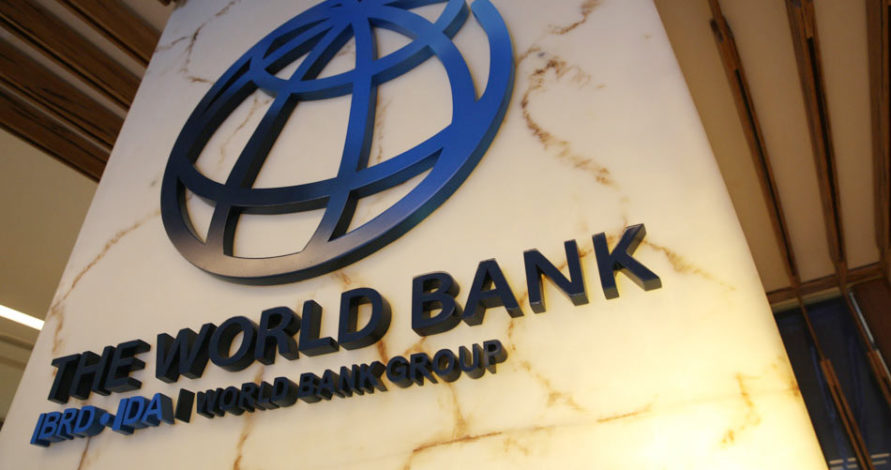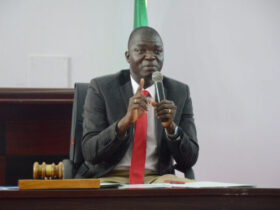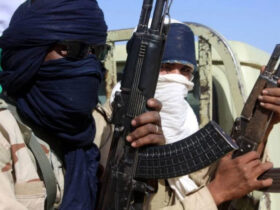The World Bank has said that more than half of those in sub-Saharan African countries, including Nigeria, face multidimensional poverty.
This was revealed in the 2024: Year in Review report by the World Bank titled, ‘2024 Key Development Challenges in Nine Charts: How the World Is Off-Track to Reduce Poverty.
“As of 2024, over one-third of people in countries eligible for support from the World Bank’s IDA and more than half of those in Sub-Saharan Africa are experiencing multidimensional poverty, highlighting how persistent development challenges remain,” the international bank said.

The Multidimensional Poverty Index released by the National Bureau of Statistics in 2022 indicated that 63 per cent of persons living in Nigeria (133 million people) were multidimensionally poor, with 65 per cent of the poor (86 million people) living in the North, while 35 per cent (nearly 47 million) lived in the South.
Also, the report said that over half of the population of Nigeria is multidimensionally poor and cooks with dung, wood, or charcoal, rather than clean energy. High deprivations also appeared nationally in sanitation, time to healthcare, food insecurity, and housing.
Meanwhile, the World Bank has also noted that ending extreme poverty everywhere by 2030 is out of reach.
“Today, about 700 million people—or 8.5 per cent of the global population—live in extreme poverty on less than $2.15 a day. Around 3.5 billion people live on less than $6.85 a day, the poverty line more relevant for middle-income countries, which are home to three-quarters of the world’s population. Without drastic action, it could take decades to eradicate extreme poverty and more than a century to eliminate poverty as it is defined for nearly half of the world,” the report added.
“Some of the factors that have been blamed for this stark reality include slow economic growth, the lasting effects of COVID-19, crushing debt burdens, and rising fragility and conflict.
On the outlook, the bank said, “We are not naïve to the challenge, and this is the beginning of a long journey. We need urgent, collective action to get back on track and achieve our goals of ending extreme poverty and boosting shared prosperity on a liveable planet by 2030.
“Countries must promote green, inclusive, and sustainable economic growth to tackle the intertwined global challenges and jumpstart progress. This will mean creating more opportunities for women and youth, boosting climate mitigation and adaptation, and revitalising international cooperation and financing for development.
Follow Parallel Facts on WhatsApp Channel:https://whatsapp.com/channel/0029VaCQSAoHgZWiDjR3Kn2E









Leave a Reply